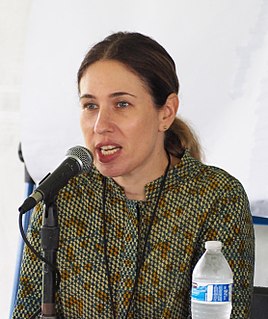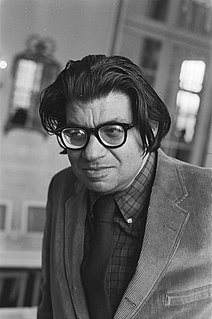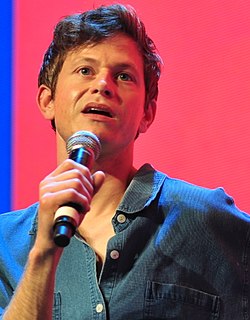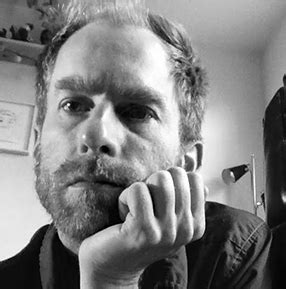A Quote by Judy Blume
Nothing teaches you as much about writing dialogue as listening to it.
Related Quotes
If I'm not writing, I can download a newer album everybody's making a fuss about. But when I'm writing, I keep myself in my own zone - I worry about listening to new music that'll inform me too much. I'm the kind of person who goes to another country and starts speaking in an accent after three days.
I'm writing as I'm reading. I'm constantly already engaged in dialogue with the critics. None of these are my ideas solely. They are my form of entering into a dialogue with ideas that are already out there, and calibrating how much sense these make to me or not. I want to be responsible to the work that has already been done.
The way you write dialogue is the same whether you're writing for movies or TV or games. We use movie scriptwriting software to write the screenplays for our games, but naturally we have things in the script that you would never have in a movie script -- different branches and optional dialogue, for example. But still, when it comes to storytelling and dialogue, they are very much the same.



































